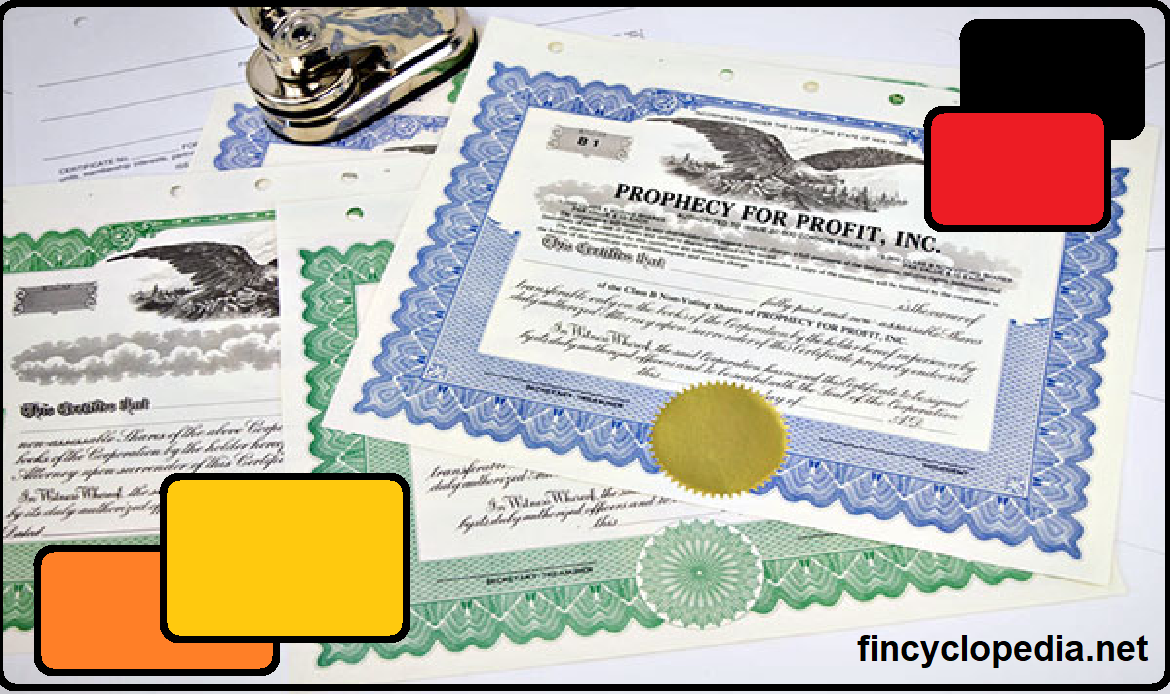The difference between an asset’s cost and its salvage value. Depreciable base is a key input in the calculation of the annual depreciation expense for an asset:
Annual depreciation expense = depreciable base/ useful life years
The depreciable base is divided by the number of years the asset is estimated to be useful, in order to obtain the annual depreciation expense. Depreciable base represents the time-specific amount that will be taken out of an asset cost in order to account for its depreciation.
In each accounting period, the depreciation amount is charged, causing the asset’s book value to be written down until it reaches its salvage value. The methodology applied in charging the depreciation amount (i.e., depreciation method) varies across different types of assets, useful lives, and business environment. For example, under the straight line depreciation (straight line basis), in each accounting period, this “same” depreciation amount is charged, to the effect that its book value gets continuously reduced until it reaches its salvage value.
The concept of depreciable base corresponds to the depreciated cost of an asset, which refers to the remaining cost of an asset (particularly a fixed asset) after deducting any accumulated depreciation from the asset’s original cost (i.e., acquisition cost) either at any point in time over its useful life (up to a specific date) or at the end of its useful life:
Depreciated cost= asset cost – accumulated depreciation
In other words, depreciated cost represents the remaining value of an asset that can be utilized over its remaining life, or the remaining value as of the date it completes its useful life.






